Having access to fresh food and beverages while on the road is essential for keeping your energy levels up and your body healthy. However, RV refrigerator systems don’t last forever, and it’s important that you know what to look for when searching for a replacement. Read along as we discuss everything you need to know about RV refrigerators, including the different options available and how to ensure your new product lasts.
The Importance of a Quality RV Refrigerator
When your RV fridge breaks down, it can result in a severe decline in your overall comfort while you travel. Suddenly, you don’t have the means to store food products, meaning that you need to stop more often for meals and snacks. These errands can waste ample time and prevent you from getting to your destination on schedule. Stopping more could also lead to you consuming more fast food, which is significantly less healthy than foods you could prepare in your RV kitchen. For these reasons, it’s vital that you have access to at least a small amount of cool storage for your diet staples.
The Different Types of RV Refrigerators
When you go to look for a replacement RV refrigerator, there are a few things to keep in mind—but above all, you need to determine the type you want. There are two main categories of RV fridge unit, each with its own benefits and drawbacks. Here’s what you need to know.
Absorption Refrigerators
Absorption refrigerators have been powering RV refrigerators for years, and they’re still a popular choice for many RV owners. Absorption refrigerators run on either propane gas or electricity, making them incredibly flexible. They’re popular for their quiet operation and dependability. However, they do have some drawbacks, especially when it comes to boondocking, or camping on public land rather than a designated campsite.
The first drawback of an absorption refrigerator is its power consumption. These refrigerators can use a lot of power, especially when running on electricity. This draw can be a problem when boondocking, as you don’t have access to electricity from a plug-in source. The second drawback is size. Absorption refrigerators typically have a smaller capacity than compressor refrigerators, which can be limiting for longer trips.
Compressor Refrigerators
Compressor refrigerators, on the other hand, are becoming more popular among RV owners, especially those who do a lot of boondocking. Unlike absorption refrigerators, compressor refrigerators use a compressor and refrigerant to cool the fridge. This setup makes them more energy-efficient than absorption refrigerators and better suited for boondocking. Compressor refrigerators also have the added benefit of being larger than absorption refrigerators, which is a huge plus for families or those who like to take long trips.
Still, compressor refrigerators do have some drawbacks. They’re typically more expensive than absorption refrigerators and may not be as reliable in extreme hot or cold weather. Compressor refrigerators can also be noisier than absorption refrigerators, which may be a deal-breaker for some RV owners.
Selecting the Right Refrigerator for Your Needs
Now that you know about the main categories of RV refrigerators, it’s time to narrow down your options further. These are some considerations that’ll get you thinking about your core needs for your replacement product.
Think About Your RV Size and Layout
Refrigerators come in various sizes, and you need to choose one that fits perfectly in the allotted space. Take accurate measurements of the current refrigerator you have installed in your RV and compare them with the available sizes on the market. You don’t want to purchase a new fridge that’s too big for your RV, as doing so can leave you making costly alterations.
Calculate Your Food Storage Needs
The amount of food you need to store in your refrigerator is another crucial factor in determining the right size. If you’re traveling as a family of four, a small-sized fridge may not be enough for your storage needs. Conversely, if you’re a solo traveler or only use your RV for short trips, a smaller fridge can be more practical and energy-efficient while also taking up less space.
Opt for Energy Efficiency
It’s essential to choose a refrigerator that’s energy-efficient, not just for environmental reasons but also to keep your bills low. The number of kWh (kilowatt-hours) a model produces per year can give you an idea of how much energy you’ll need and how much you’ll pay each year. Go for units that have a lower kWh rating, as they have better energy efficiency and, thus, lower operating costs. This aspect is especially crucial if you’re staying in a campground that charges for electricity usage.
Consider Your Budget
Finally, you have to balance all your needs and requirements with your budget. You don’t want to purchase a refrigerator that is too expensive for you—especially given the other RV-related expenses on your plate. Look for brands and models that balance value and price and have high ratings for durability and performance.
Routine Maintenance
Another thing you need to know about RV refrigerators is how to maintain them and ensure they last. These are some important tips to keep in mind when it comes to keeping a refrigerator in good condition while on the road.
Cleaning the Fridge Coils
Your RV fridge coils are essential for regulating the cooling chamber’s temperature, and any dust or debris buildup on these components can impact their efficiency. The first step in cleaning your fridge coils is to park your RV on a level surface and disconnect the appliance from any external power sources. Then, locate the fridge compartment, which may vary depending on your RV model, and remove the fridge access panel to reveal the fridge coils. Using a coil brush or a dry cloth, gently remove debris built up on the coils. Once done, replace the fridge access panel and turn the fridge back on.
Cleaning the Door Seals
Dirty or worn-out door seals can cause air leaks and impact the fridge’s cooling performance. Inspect the seals for any damage and replace them if needed. Next, mix a solution of water and mild detergent and apply it to a cloth. Gently wipe down the seals, making sure to clean grooves, cracks, or crevices. Rinse with clean water and dry with a towel.
Cleaning the Drainage System
One of the most common issues with RV fridges is a clogged or malfunctioning drainage system. The drainage system is responsible for releasing the melted ice and any condensation that accumulates in the freezer. Over time, dirt and debris can build up in the drainage system, resulting in clogs or blocks. To clean your fridge’s drainage system, turn off the appliance and flush out any debris with warm water. Repeat until the water runs clear.
Your RV refrigerator can make or break your traveling experience. So, don’t miss out on a chance to find something that works for your exact specifications. United RV Center offers a series of RV refrigerator replacements designed to accommodate all manners of energy, space, and storage needs. Browse our collection today to find just what you’re looking for.



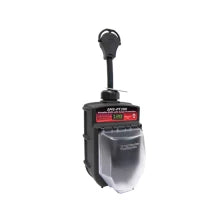
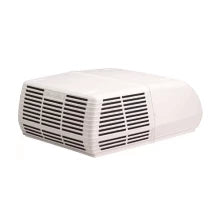
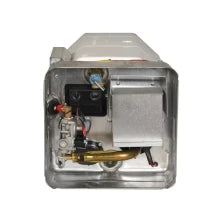
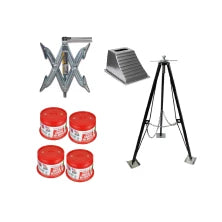
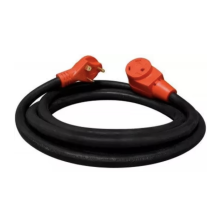
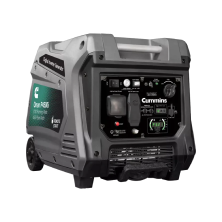
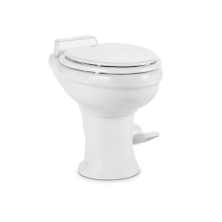
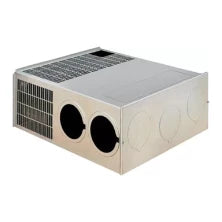
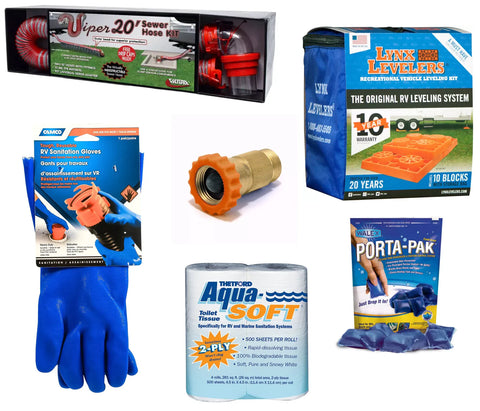
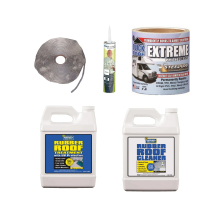
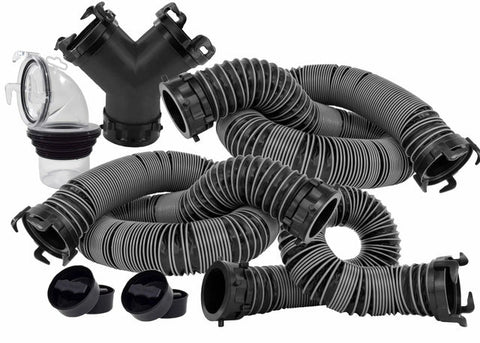
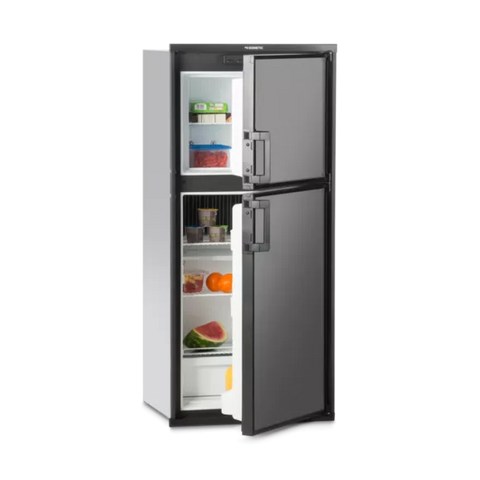
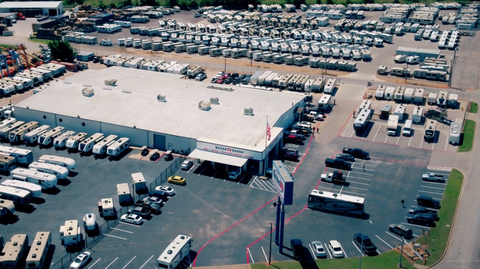
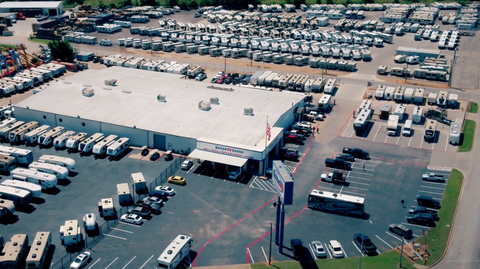
Comments (0)
There are no comments for this article. Be the first one to leave a message!